We were in deepest Dorset, l’Angleterre profonde. The weather was also typically English: inundations followed by counter-attacks from the Indian summer. Despite those, and even under a still blue sky, it was just too nippy to eat outside — or at least, that was what the less well-insulated members of the party insisted. Fear no more the heat of the sun. It has gone south with the swallows. But there was mellow fruitfulness, in this season which offers a delicious choice between grouse and partridge (unless you are Nicholas Soames, and have both).
When it came to accompanying bottles, we were eclectic. Our hosts are good friends of Giugi, Marchese di Sesti, who makes superb wines in Montalcino, amid the splendours of Toscana profonda. It is a prelapsarian region, in which nature, agriculture, man, art and architecture are in joyous harmony. You almost expect to hear the music of the spheres.
Giugi is passionately interested in astrology. In Montalcino, that does not seem absurd. Not only are the heavens benign. There is a sense that the ancient cults, especially the Bacchic ones, are not extinct but have merely withdrawn from public view. bc and ad can also unite in a joint communion: a consecration of the pleasures of the table. One suspects that many local devotions are stimulated by the marriage at Cana and its accompanying Miracle. On that theme, two paintings in the Louvre, by Gerard David and Veronese, exemplify artistic transition. The David has an intimate Flemish intensity. There is nothing intimate about the Veronese. ‘Orgueilleuse’ comes to mind as a more appropriate description than English can supply.
Whatever influence the stars bring to bear, Giugi’s Brunellos are stellar: just about as good as any expression of Sangiovese. He also makes two second wines, a Rosso di Montalcino and a Monteleccio: both excellent value. Though it can last, Brunello drinks well when young. Subtle, sophisticated, with a long linger on the palate, the 2015 was at its peak.
I have never been clear what the blushful Hippocrene tasted like. Horse water: I have a hunting friend who will never eat watercress. He claims that no horse can ever pass a watercress bed without indulging in a copious pee. Perhaps it is necessary to be a Muse, or at least a poet, to appreciate Hippocrene. But there are an increasing number of Greek wines that would be a sound substitute. As well as Assyrtiko, already praised in this column, there is a range of pleasures.
I was especially impressed by a Xinomavro from Naoussa. Mavro: black — not a bad name for this tannic powerhouse. I drank a 2017: far too young. The nose suggested a young stallion, a judgment confirmed by the taste. We decanted it and put it aside. Even the next day it needed more time: ‘ten years’ was one suggestion. But there was plenty of fruit. Some experts believe that Xinomavro may be the finest Greek wine since Homer strummed his lyre. It may be that when the Master referred to the ‘wine-dark sea’ he had something similar in mind.
Greece can offer at least seven good wines. The rest of the West can offer at least seven species of political chaos. I notice among some friends a recent disinclination to talk politics. Too depressing, leave it to Aristophanes. The other night, we compensated by discussing free will. If God is omniscient, how can it exist, how do we stop short of predestination, and while we are on the subject of God, why did He allow Auschwitz? Yet there are answers to all that. Even if God knows what the outcome will be, if we did not have free will, we would be merely His pets. In the garden of Eden, life would have been pretty boring. Prelapsarian is a good metaphor for the delights of Tuscany. Taken literally, it would not work. If only to enjoy wine, man needed to fall.
Got something to add? Join the discussion and comment below.
Get 10 issues for just $10
Subscribe to The Spectator Australia today for the next 10 magazine issues, plus full online access, for just $10.
You might disagree with half of it, but you’ll enjoy reading all of it. Try your first month for free, then just $2 a week for the remainder of your first year.


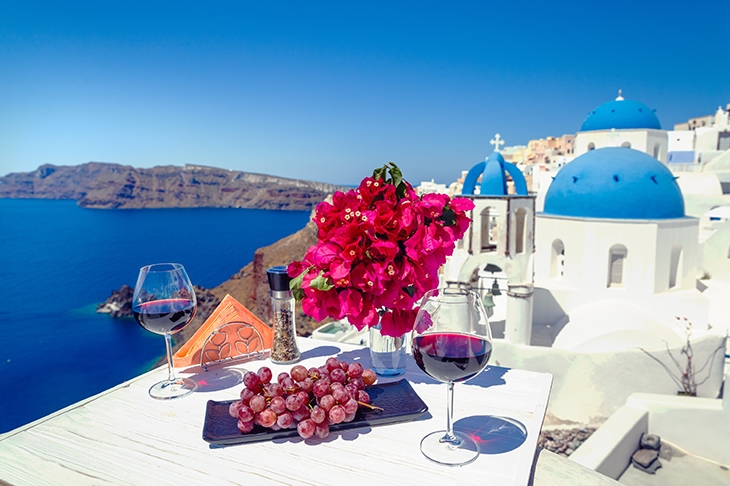
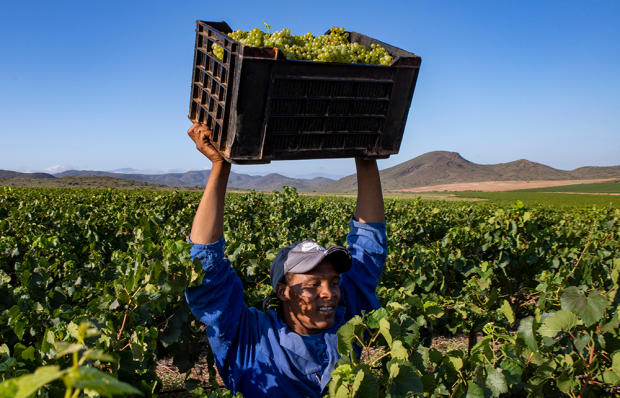
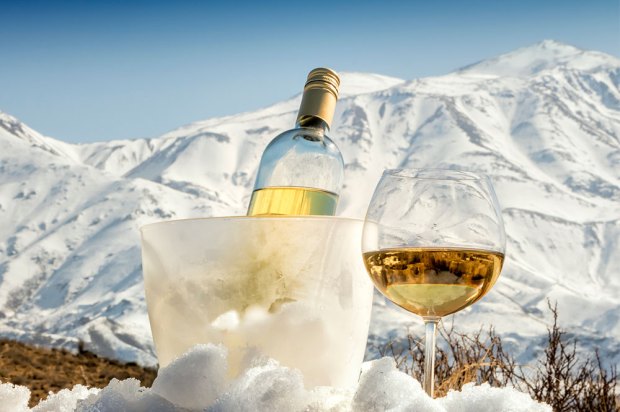
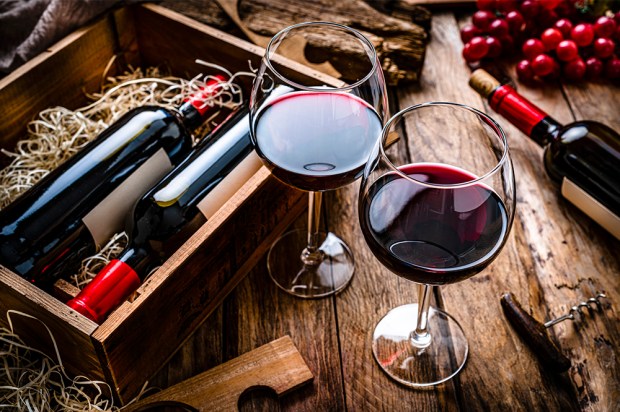
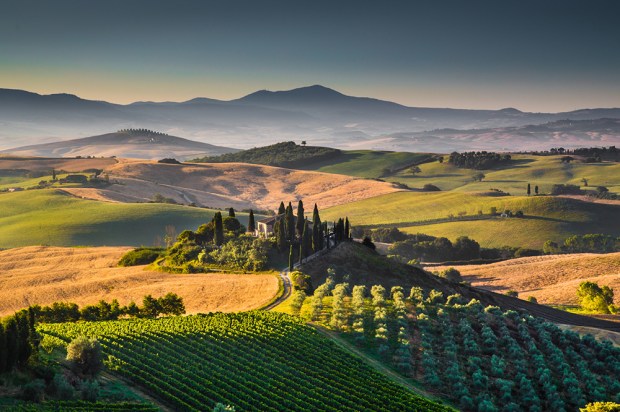








Comments
Don't miss out
Join the conversation with other Spectator Australia readers. Subscribe to leave a comment.
SUBSCRIBEAlready a subscriber? Log in